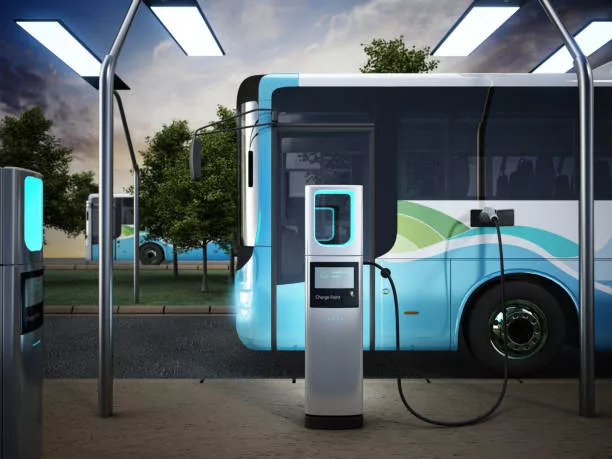Electric Car Adoption Surges in Norway
Norway is at the forefront of the electric vehicle (EV) revolution, with its citizens eagerly adopting electric cars. In an impressive display of progress, February 2024 saw an astounding 92% of all new passenger car sales comprised of battery electric vehicles (90%) and plug-in hybrids (2%). However, the transition for heavier vehicles is unfolding more slowly, with only 10% of new truck sales being electric and a mere 2% of all trucks on Norwegian roads being battery-powered, according to Enova, a body established by Norway’s Ministry of Climate and Environment.
Norway’s National Goals for Electric Trucking
To achieve its ambitious vision of having all new trucks sold being electric by 2030, Norway recognizes the crucial need to expand its charging infrastructure. To fuel this growth, Enova is allocating around $5.5 million to five pioneering companies—Mer, Circle K, St1, Tungbil Lading, and Fastcharge—to develop robust charging networks in the southern regions of the nation.
Expanding Electric Charging Infrastructure
Enova’s investment will lead to the creation of 19 new charging stations featuring 108 chargers. These will be situated along four major cargo transport routes: Oslo-Svinesund, Oslo-Stavanger, Oslo-Bergen, and Oslo-Trondheim, with completion targeted for spring 2025. Additionally, chargers will be built along three more secondary routes to ensure widespread electric truck accessibility.
Enova’s CEO, Nils Kristian Nakstad, expressed confidence that the new on-the-go chargers would be embraced by the thriving market of professional transport companies, thus accelerating Norway’s shift to emission-free heavy transport. Climate and Environment Minister Andreas Bjelland Eriksen also highlighted this network of chargers as a major milestone towards greener trucking, asserting the critical role of EVs in slashing national emissions.
Similarly, Transport Minister Jon-Ivar Nygå supported the announcement, emphasizing the necessity of transitioning to electric trucks and buses to achieve climate goals. This aligns with the government’s charging strategy unveiled a year prior.
Electric Trucks Conquer Snowy Terrain
In the harsh northern landscapes of Norway, where snow clearance is crucial, electric trucks have made an unprecedented entry. Litra, a leading freight hauler in Scandinavia, added two 1000 kWh battery-equipped electric trucks to its fleet. These Volvo FH trucks, transformed into EVs by Swiss Designwerk Technologies, are expected to eliminate roughly 280,000 kg of CO2 each year. In a groundbreaking pilot, one electric truck demonstrated its prowess by plowing Norwegian roads from Dombås to Grønbakken, with satisfactory energy consumption and lesser impact from weather conditions than traditional EVs.
The Challenges of Charging Electric Trucks
Drivers like Marthe Ulekleiv have observed that while electric trucks drive similarly to their diesel counterparts, charging them can be a challenge. Thanks to its Swiss engineering, these electric trucks can accept up to 350 kW of charging power, yet require around two hours to charge fully. As is the case in southern Norway, there is an emerging demand for more high-power charging stations nationwide that can accommodate large trucks and provide faster charging times. With advancements on the horizon, high-power chargers capable of delivering up to 2 megawatts are soon expected.
Extensive testing during a particularly snowy winter has verified that electric vehicles can withstand even the most demanding tasks, such as plowing mountain passes, delivering promising results for EVs in heavy-duty applications.
A Global Shift Towards Electrified Trucking
Mirroring Norway’s initiatives, the United States has also embarked on planning the installation of high-power chargers for electric trucks. By focusing first on busy and congested routes, governments worldwide are gradually shifting towards electrified transportation. Despite the pushback from the fossil fuel industry, commercial enterprises are eager to integrate electric trucks and buses into their fleets due to the potential for significantly reduced fuel and maintenance costs. With commercial transportation being a major contributor to emissions, this shift is a positive development for global sustainability efforts.


























